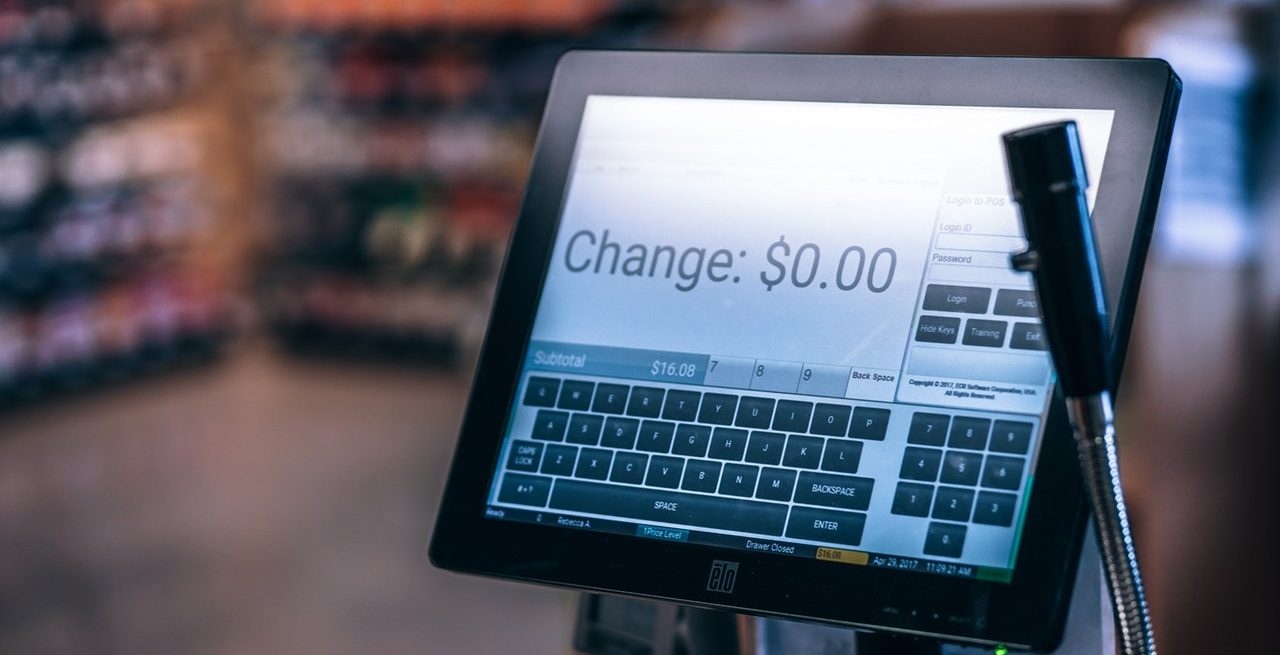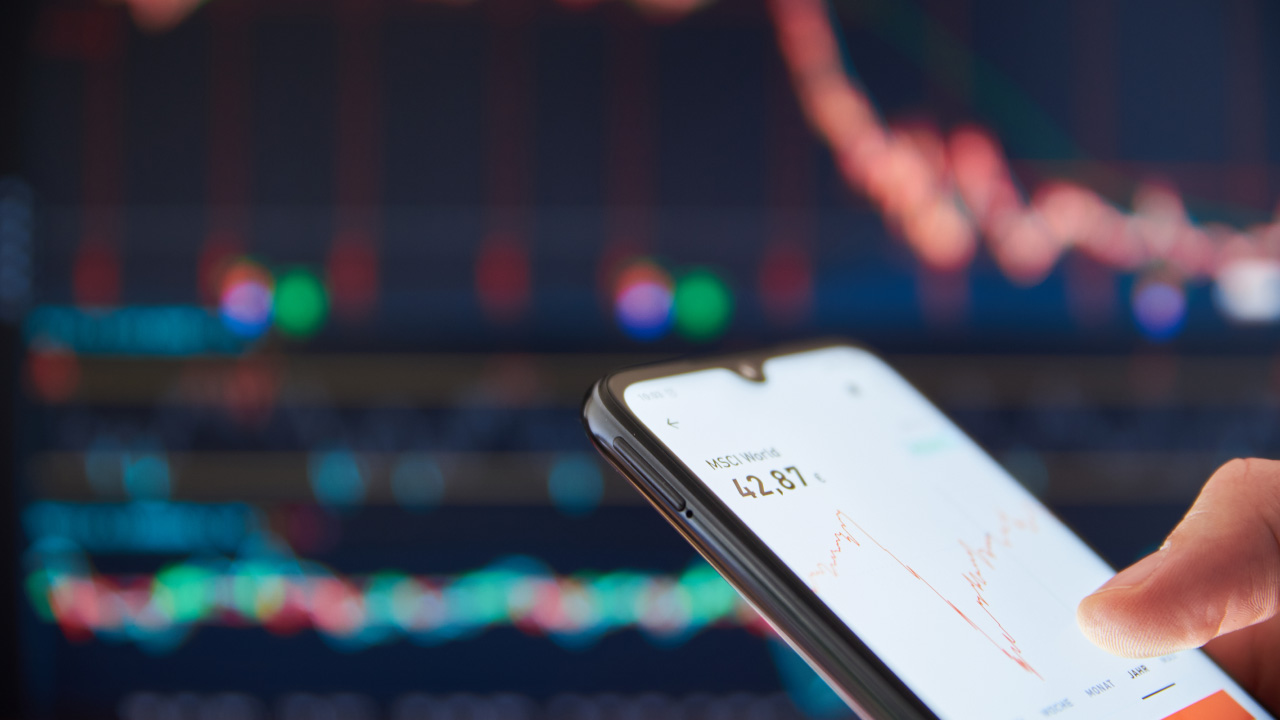
The term “metaverse” refers to highly participatory virtual worlds in which land, buildings, and even personalised avatars can be transferred, typically with bitcoin. People can explore diverse locations, form friendships, create virtual assets, buy goods and services, and attend virtual events in the metaverse’s virtual surroundings. You need to know about new metaverse breakdown
The metaverse notion has captured popular imagination, notably during the current pandemic, as lockdown measures and remote working regulations drove more individuals to explore online virtual worlds for both business and enjoyment.
How Does the Metaverse Work?
Humans have used numerous technologies to achieve interactive communication and enjoyment by deceiving our senses from time immemorial. Televisions, audio speakers, and more modern technology advances such as interactive video games, virtual reality (VR), and augmented reality (AR) have all fulfilled this purpose well. In the future, we may potentially build incredibly advanced technology tools to fool our other senses, such as scent and touch.
The metaverse is the most recent technical advancement toward that distant goal. Metaverse platforms, which are powered by blockchain technology, enable users to create, own, and trade decentralised digital assets utilising bitcoin and non-fungible tokens (NFTs).
The metaverse concept could either very well organise our civilizations or cause new political and cultural upheavals. These are inside shared standards and protocols that provide a new virtual world experience and augmented realities into an open metaverse. It may enable people to engage, collaborate, and reduce asset and talent duplication. In today’s world everyone need to know about new metaverse breakdown.

Metaverse Risks
While the metaverse provides a variety of economic prospects in the post-pandemic world, it also comes with the same old cybersecurity dangers. The metaverse is a young technology. The uncertainty that comes with it adds to the hazards.
There is a greater potential of technology fighting for market dominance, which will increase market competitiveness. Eventually, the market laggards will follow the market leaders’ advancement in order to create potential income and improve corporate operations. But, above and beyond business adoption and rivalry, the metaverse is powerful enough to change the way individuals play, shop, and engage with.
All of these options highlight the importance of cutting-edge cybersecurity and data privacy safeguards that metaverse developers must employ. Monitoring modern cyberattack threats and protecting extremely sensitive private data such as biometrics may put you ahead of the game when compared to typical cybersecurity measures.






